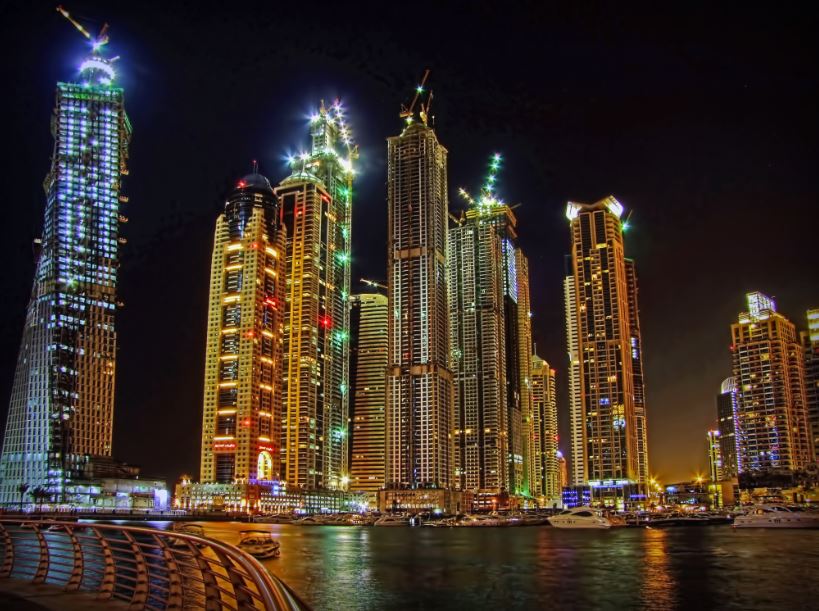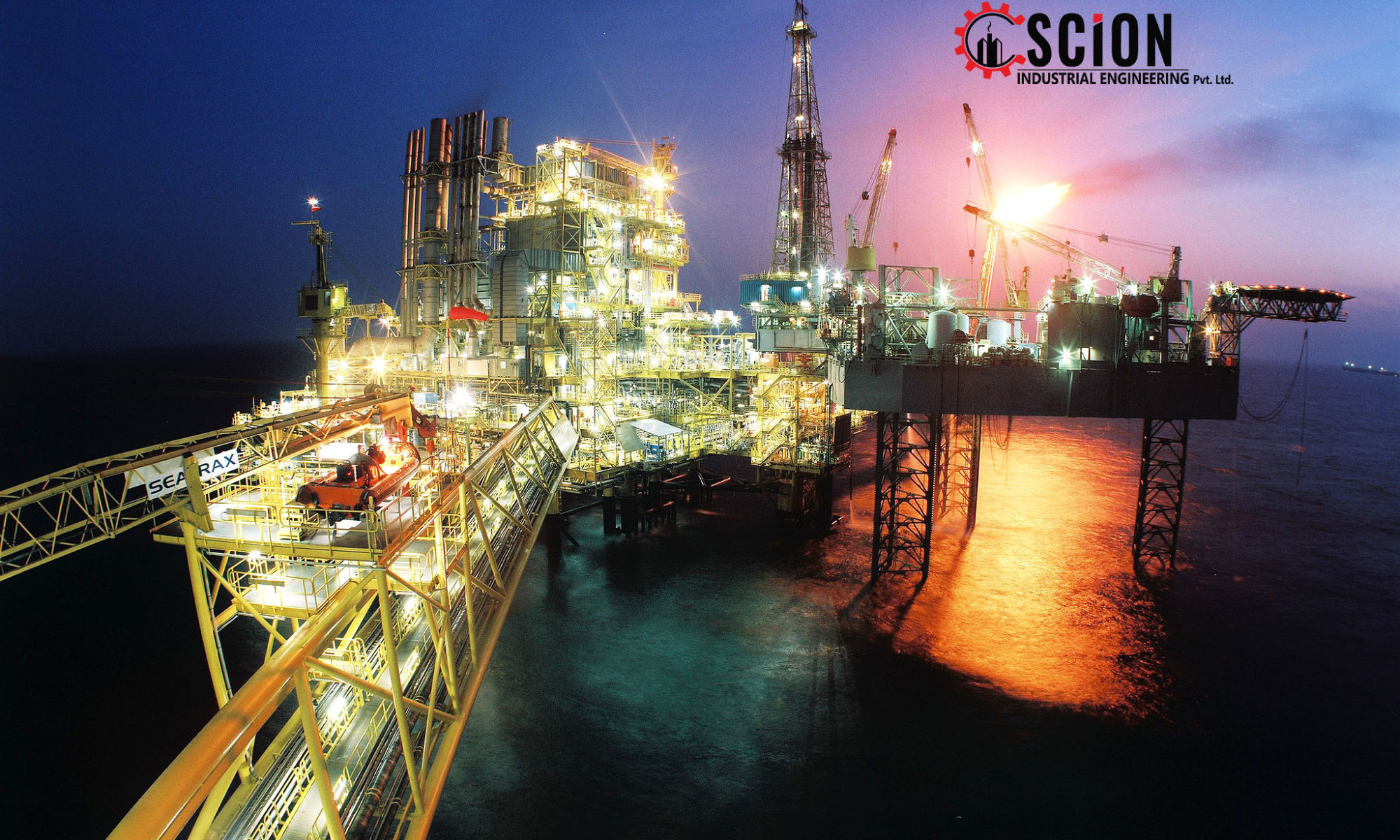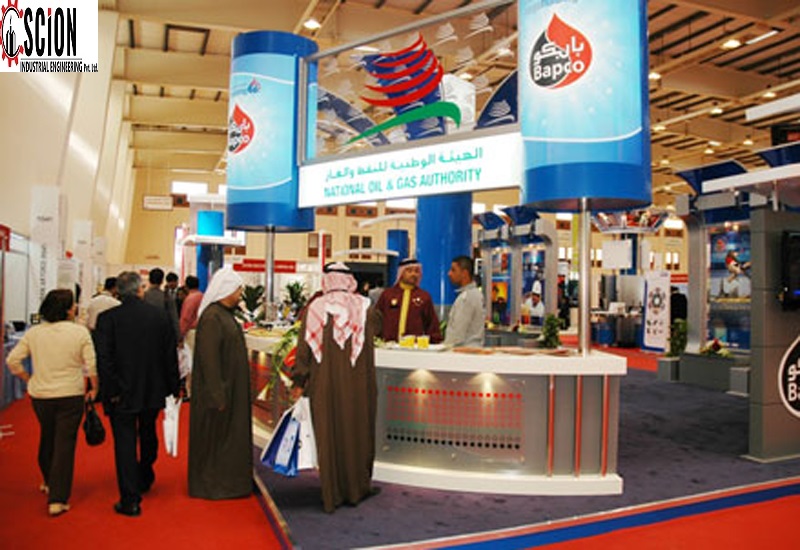While Iraq was teetering on the edge of a full-fledged internal conflict last summer, today, the country seems to enjoy a level of stability not seen in the past two decades.
This is due to a shared desire across the political spectrum, particularly within the Shia community, to stabilise the country. After last year’s intense power struggle among Shia factions, efforts were made to minimise conflicts between armed groups, suppress critical voices, and reduce public dissent. As a result, the government of Mohammed Shia al-Sudani is enjoying relative peace and calm which has given it a chance to push through its agenda.
On June 12, it passed a generous budget through the parliament – the biggest in Iraq’s history – which is supposed to fund its plan to expand essential services, such as electricity and water provision and build new infrastructure and housing in major cities. But these initiatives are by far not enough to address the severe political, socioeconomic and climate challenges the country is facing.
Those necessitate major reforms in the political and economic sectors, which the government does not have the mandate to undertake. Sooner or later, the suppressed political crisis will resurface.
Big budget, little legitimacy
Last year, the Western sanctions imposed on Russia over its invasion of Ukraine, combined with oil supply shortages, caused a surge in oil prices, with the average price per barrel reaching $100.
This resulted in handsome profits for energy exporters, including Iraq, which saw its oil revenues jump from $75.5bn in 2021 to $115bn in 2022.
This extra income flow allowed the Iraqi government to put together the largest budget in the country’s history, allocating $153bn for the year 2023, which the parliament approved on June 12. This is a 72 percent increase compared with the 2021 budget – the last one to be passed by the Iraqi legislature.
The biggest chunk of this money – about $58bn – will go to paying the wages of public employees and pensions. The government has said that it plans to hire more than half a million Iraqis into the already over-inflated public sector to help resolve the problem with unemployment.
A large sum – about $23bn – has also been allocated to the security sector, which has traditionally been well-funded. Some $2.8bn of it is dedicated specifically to the Popular Mobilisation Units (PMUs) militia.
By comparison, five ministries concerned with providing public services, including health and environment, social affairs, education, higher education and water resources were given $24bn in total. This amount is by far not enough to address urgent problems such as pervasive power cuts across the country, declining access to clean water, pollution and land degradation, crumbling education infrastructure, severe shortages of medical staff, inadequate health service provision, etc.
The public works and infrastructure projects al-Sudani’s government has announced are unlikely to make much of a difference.
By focusing financial resources on public employment and security structures, his cabinet is perpetuating the status quo, keeping various vested interests satisfied. It is ensuring short-term stability by consolidating the patronage networks that dominate Iraqi society, granting various political parties and figures the opportunity to employ their loyal supporters. Armed groups are also pacified not only by being granted direct funding but also by being given room to infiltrate various institutions and benefit from public works projects through kickbacks.
This is hardly surprising given that al-Sudani’s government does not really have the mandate to push through reforms. The prime minister operates as a consensus leader, supported by the Coordination Framework, a coalition of mostly Shia parties, some with pro-Iran leaning.
The interests they represent were challenged by the major protests in 2019-2020, which rejected the entrenched political elites and foreign interference in the affairs of the country. Some of these parties, like the Fatah Alliance, are linked to armed groups, which were accused of using brutal violence to suppress the demonstrations.
For that, they were punished at the national polls in 2021. Specifically, the Fatah Alliance saw a significant decrease in their parliamentary seats, dropping from 48 in 2018 to a mere 17.
Despite losing the elections, they managed to gain power by thwarting the formation of a national majority government by the Sadr Movement, the Kurdistan Democratic Party, and the Sunni “Sovereignty Alliance”, which performed well in the elections.
Backed by forces that lack legitimacy in the eyes of the majority of Iraqis, the government is making no significant effort to address the grievances of the Iraqi people. It is simply presiding over the redistribution of the windfall oil profits among the elites who are maintaining peace in exchange.
Short-term stability, long-term disaster
While stability is important, the current Iraqi system – dominated by patronage networks and armed groups – cannot sustain it for long, as it is inherently dysfunctional. Such systems tend to operate smoothly only so long as there is sufficient revenue that satisfies the interests of the elites and sustains basic state functions. However, when financial resources dwindle, the elites no longer perceive short-term stability as beneficial to their interests.
It is crucial to note that Iraq’s financial stability is heavily dependent on the price of oil, which is an unstable factor. The country also has a significant budget deficit, estimated at $49bn in the 2023 budget. In the event of a decline in the price of oil, the country would face significant financial difficulties which could quickly translate into political instability.
Furthermore, the current state of affairs – while appearing positive to some observers – is exacerbating Iraq’s major problems. Pouring money into armed groups only strengthens them and further weakens the state. It makes it that much more difficult – if not impossible – for the government to get back monopoly over the use of force in the country.
Throwing money at the state security sector without reforming it also contributes to fragmentation and susceptibility to politicisation, which enables its exploitation by domestic and foreign actors.
Expanding public sector employment does little to resolve the problems that cause joblessness, including a weak private sector and economic inefficiency.
The absence of reform in the public sector combined with big public spending also feed into patronage networks and strengthen parties and individuals that have little popular legitimacy.
All of this is incredibly damaging to Iraq and its future. It comes at a time when the country faces frightening levels of climate-change-related devastation: rising temperatures, soil erosion, intensified droughts, water scarcity, and relentless sand and dust storms. Iraq is ranked the fifth-most vulnerable country to climate change worldwide and it faces temperatures that increase seven times faster than the global average.
Severe climate change impacts are combined with other pressing challenges that trouble the lives of Iraqis, including limited access to safe and clean drinking water, pervasive pollution, energy insecurity, declining health care and education services, etc.
To tackle these problems, the Iraqi government needs to overhaul the public sector, fight corruption, restructure and reform state structures to increase transparency and efficiency and most importantly, redirect funds towards the key sectors: environment, health care, education and water works. Regrettably, its backers have no interest in engaging in the systemic change that is urgently needed in Iraq.
The windfall profits derived from oil are a missed opportunity to diversify Iraq’s revenue streams and build climate resilience within the country. Iraq urgently needs its population and infrastructure to be prepared for the escalating impacts of climate change.
The Iraqi political elite may be enjoying the oil revenues and the peace and quiet of its status quo but those will not last long. The protests of 2019 were the harbinger of what is to come. It is not a question of if Iraq will face severe turmoil, but when.
Source:https://www.aljazeera.com/opinions/2023/7/8/windfall-oil-revenue-is-buying-illusory-stability-in-iraq







